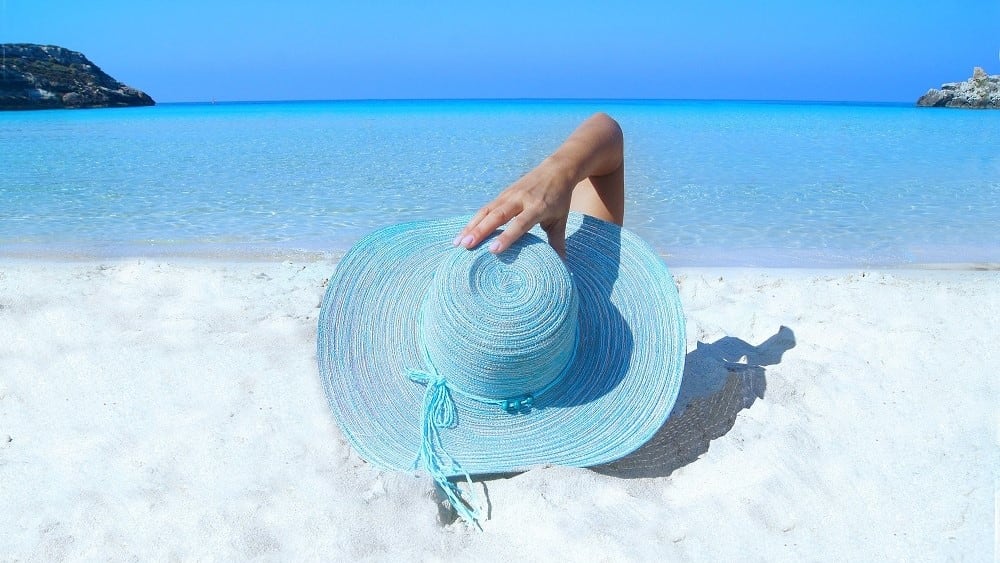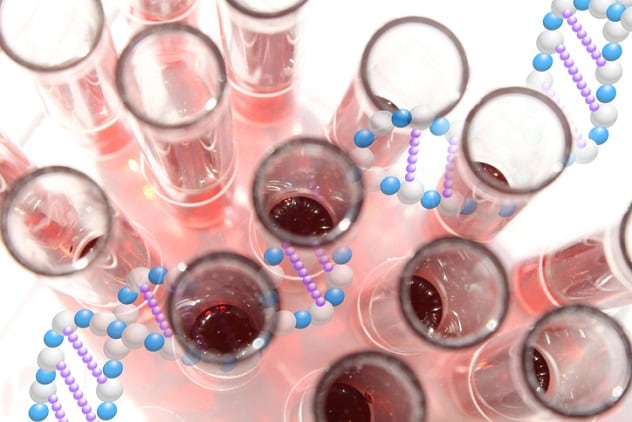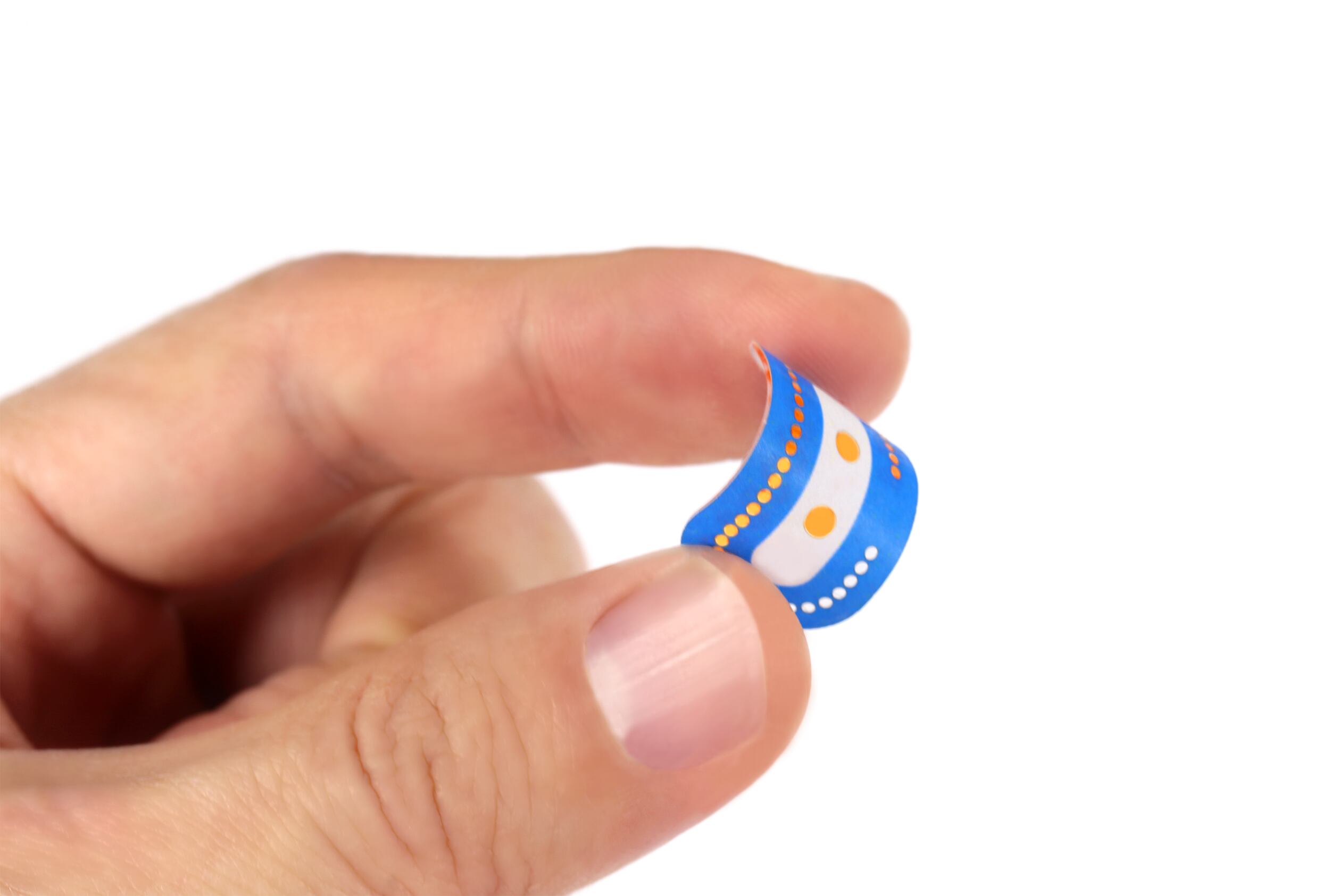Currently, health agencies recommend that no sun-protection is required when the UV Index (UVI) is less than three.
However, Professor Robyn Lucas from the Australian National University (ANU) and Dr Richard McKenzie of New Zealand's National Institute of Water & Atmosphere Research (NIWA) have gathered evidence to suggest this oversimplification can cause serious skin health consequences.
Accounting for time
The biggest problem with UVI is that it does not take time into account, said Lucas.
“The UVI is really useful, but it needs to be considered in conjunction with how much time you spend outside. It is an instantaneous measure, but when it comes to sunburns, it is not about the instantaneous measure. It is also about the dose and that dosage includes time.”
The study screened to determine the minimal erythema dose (MED), which is the amount of UV radiation that will produce sunburn or redness on the skin.
Even though it is the early stages of sunburns, Lucas assured that it is enough to sustain DNA damage on your skin. “You don’t need to be red, peeling or blistering. Even when you are light pink, you can get DNA damage at that point.”
The results of the study showed that it only takes as little as 40 minutes to get sunburnt when the UVI is at less than three, and it extends to winter days as well.
“The paper is really about saying the message is wrong and that you need sunscreen even if you’re only outside for 40 minutes or even 30 minutes. In winter even, if you’re out for long enough you can get sunburnt.” commented Lucas.
While there is very little research on the benefits of long-term sun-protection application, lamented Lucas, she said there is enough evidence to show the advantages of daily sun-protection.
“I would recommend that when you go outside during the day, you should wear sunscreen daily. Research shows that daily use of sunscreen decreases skin cancer, melanoma and basal cell carcinomas. Probably more importantly in Asia, the regular use of sunscreen decreases the risk of photoaging.”
Getting the message out
Lucas hopes personal care brands and researchers like herself and McKenzie can work together to educate the public on the consequences of improper application.
“Researchers have to be better at communicating their research findings. I have spoken to some people about this, even WHO, but the message hasn’t changed and we need to be better about it.”
She added that it would be very beneficial if personal care brands can use their influence to warn consumers that the evidence suggests daily application of sun protection is the best way of avoiding the health consequences of sun exposure.
She also supports the continued innovation of sun care products, and hopes companies will be able to develop sun protection that is comfortable and enjoyable to wear.
“When we put sun protection on thinly, that’s not really sun protection. Effective application means putting it on at an appropriated thickness and repeating application,” said Lucas. “When we put sunscreen on we never put it on thickly enough because it feels thick and revolting, if sunscreens can be made nicer to wear, that would be fantastic.”





